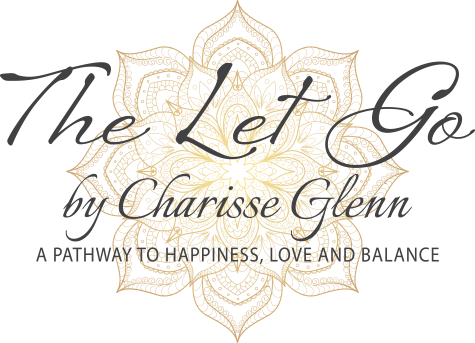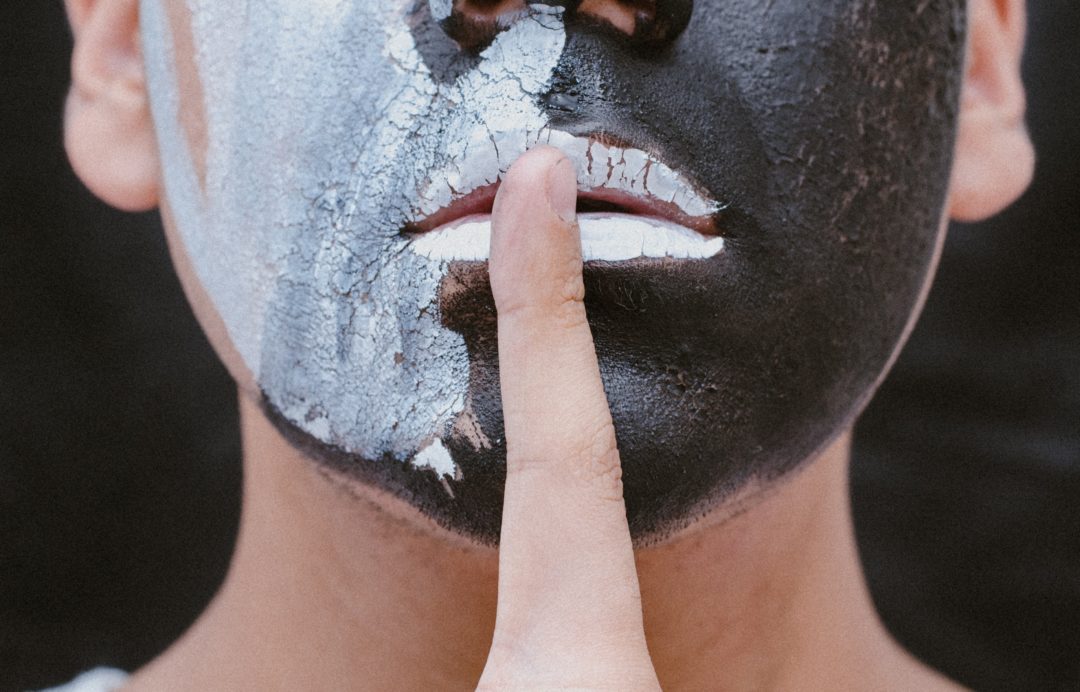Teach your children well.
~ Graham Nash
Once there was a young girl who spoke in a hushed voice. Although she was soft-spoken, she was not timid nor shy. She was often told to speak up by her parents and her peers. In school, her classmates often said they could not hear her in the back of the room when she stood up to speak.
One day, seeing her exasperation, her teacher took her aside and said, “It is ok to speak with your soft voice. When you want to be heard, you will be, so don’t worry about what the others say.”
Those words changed my life.
Forever.
When the truth is heard, it strikes a chord. Those words from my teacher resonated within me, but they had nothing to do with my ability to communicate.
Being heard is not about volume. It is about deciding if what we want to say is worthy of hearing.
When you want to be heard, you will be, became the mantra that quietly played in the background of my psyche. Permitting me to stay exactly as I was, proved to be the challenge I needed to step out of my comfort zone.
Communicating takes a certain kind of courage. Courage comes from the root word cour, which means heart in Latin. The original meaning of courage was to speak all that is in one’s heart. The impetus to express it is the rage that is within the word.
As a reflection of our environment, I grew up in an era where children were supposed to be seen and not heard. Our family, culture, and peers teach us beliefs of right and wrong / true and false. These beliefs shape us to become who we are.
Yet, if we are no longer comfortable with what is, we must question why we continue to choose and follow limiting thoughts. What has been learned can be unlearned.
The choice is always ours: to stay as we are or let go to become more.
Through introspection, I explored; Why couldn’t people hear me? Even though my nature was soft-spoken, I was not modest to express my ideas; in fact, I was the opposite. Delving into the depths of books occupied much of my time, exploring ideas that were newly brought to light in my developing mind.
Curious, I began digging for clues within my own belief systems. Quickly, I found factors that contributed to my quietness. My mother is Japanese-American. The Japanese culture is quiet by nature. When visiting my grandparent’s home, there were two older generations within the household, my grandparents and great-grandparents; if my brother and I wanted to make noise, we needed to go outside.
My father had been a marine, and the decorum never left him. Combined with his alcoholism, which translated to me as; be on my toes, quiet was a strategy I became adept at, mastering how to navigate my way as non-intrusively and invisibly as possible.
The ability to be heard came from understanding why I had chosen to be so quiet.
Recognizing my quietness was a product of my environment combined with a survival tactic; it was not written in stone. It was my interpretation that created how I had become.
On our self-awareness journey, we may come upon aspects of who we are and habits we have acquired. Yet, if these ways of being no longer serve the person we are, we can change them. Let them go and replace them with those that empower us to move forward. The power to unlearn what has been learned is within the grasp of us all.
It is often through seemingly simple comments our beliefs are shaped. Receiving permission from a teacher that I was enough was an enormous gift that sculpted my life. Those simple words of encouragement pushed me to explore the reasons I spoke with the softness I did. Without shaming, but with love and support, it allowed me to became a woman with a voice.
It took me quite a long time to develop a voice, and now that I have it, I am not going to be silent.
~Madeleine K Albright





